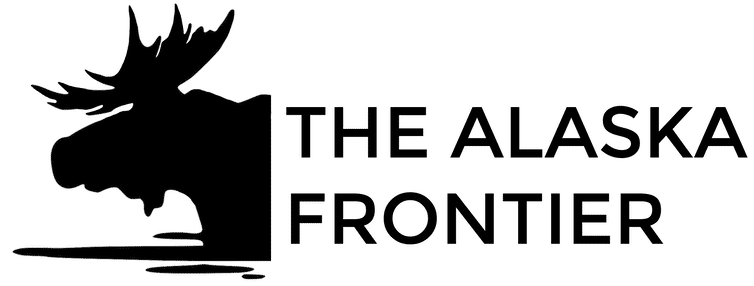Alaska Crossings
The Alaska Frontier has acquired the domain AlaskaCrossings.org
The Alaska Frontier has acquired alaskacrossings.org.
AlaskaCrossings.org was a non-profit organization that would help at risk teens who had behavior health issues, located in Southeast Alaska. Specifically Alaska Crossings would take in these teens for a summer and teach and train them through the use of wilderness expeditions into the Tongass National Forest, there they would be taught life skills.
Sadly the program in Wrangell closed down due to the lack of funding and the focus has changed to the Raven’s Way program based in Sitka.
Alaska Crossings Alternative
- You can find out more about Raven’s Way in Sitka here.
- For those looking for help with behavior health can contact SEARHC here.
We at The Alaska Frontier have a desire to bring to light these special programs around our great state. One of the hardest things for these programs is to be found by those who are searching for answers. Sometimes people have no idea where to turn or where they can find help.
Why we liked the name alaskacrossings.org? A Crossing is where two roads come together, a place at which one may safely cross something. We have a desire to help people who are coming to Alaska to find what they are looking for and to do it safely.
We have been building The Alaska Frontier for almost 10 years, starting in 2014. We create content to help those who are traveling to Alaska who have questions about things to do, places to see, but they don’t know where to start or what to do.
We are also looking to give back, to support programs in Alaska that help those who are in need, both humans and animals. Our favorite group that we love to tell people about is the Alaska Wildlife Conservation Center in Girdwood.
Are you looking for things to do and see in Alaska? Check out our list of things to do here:
